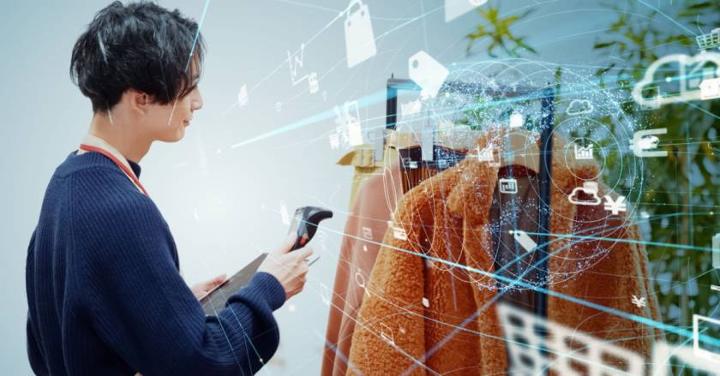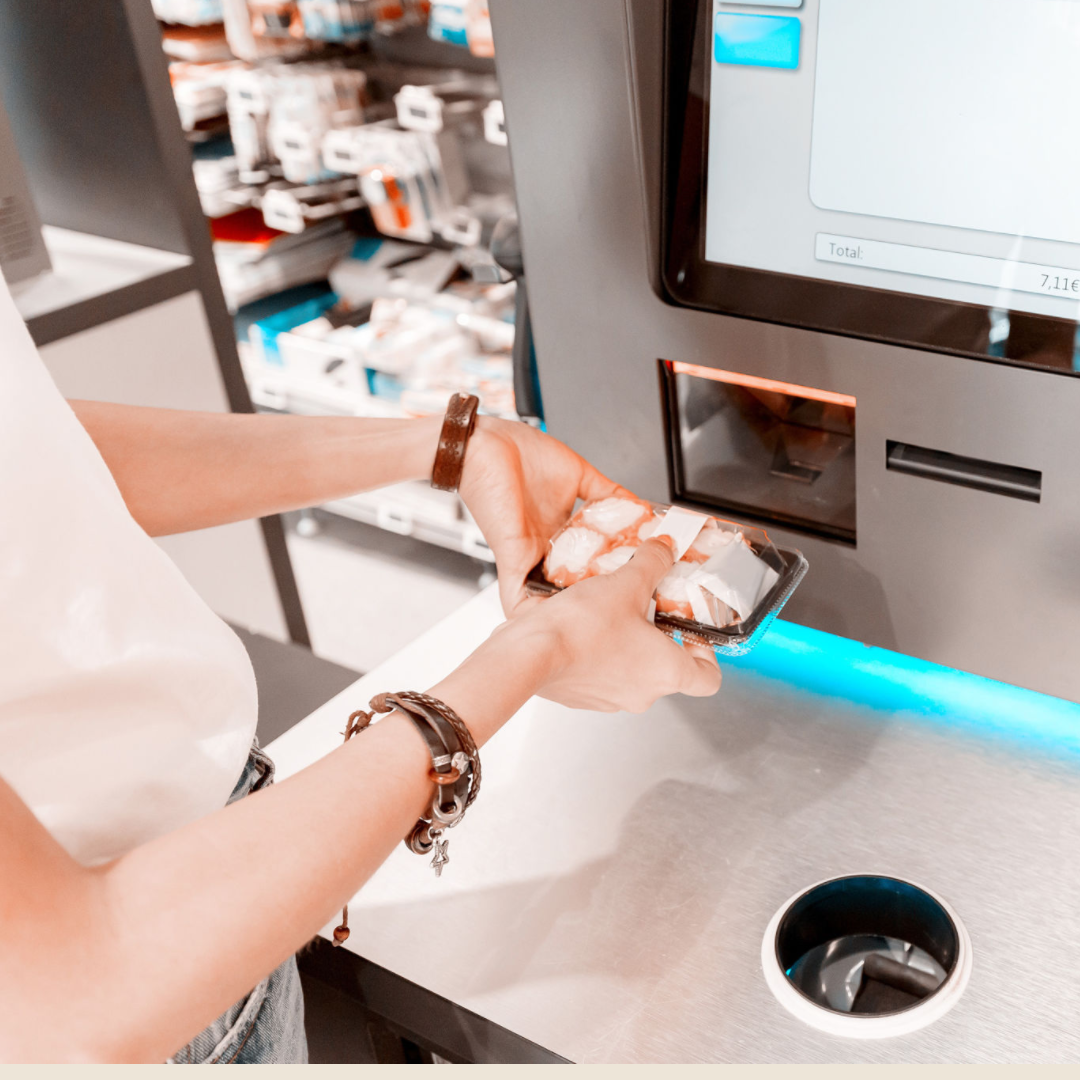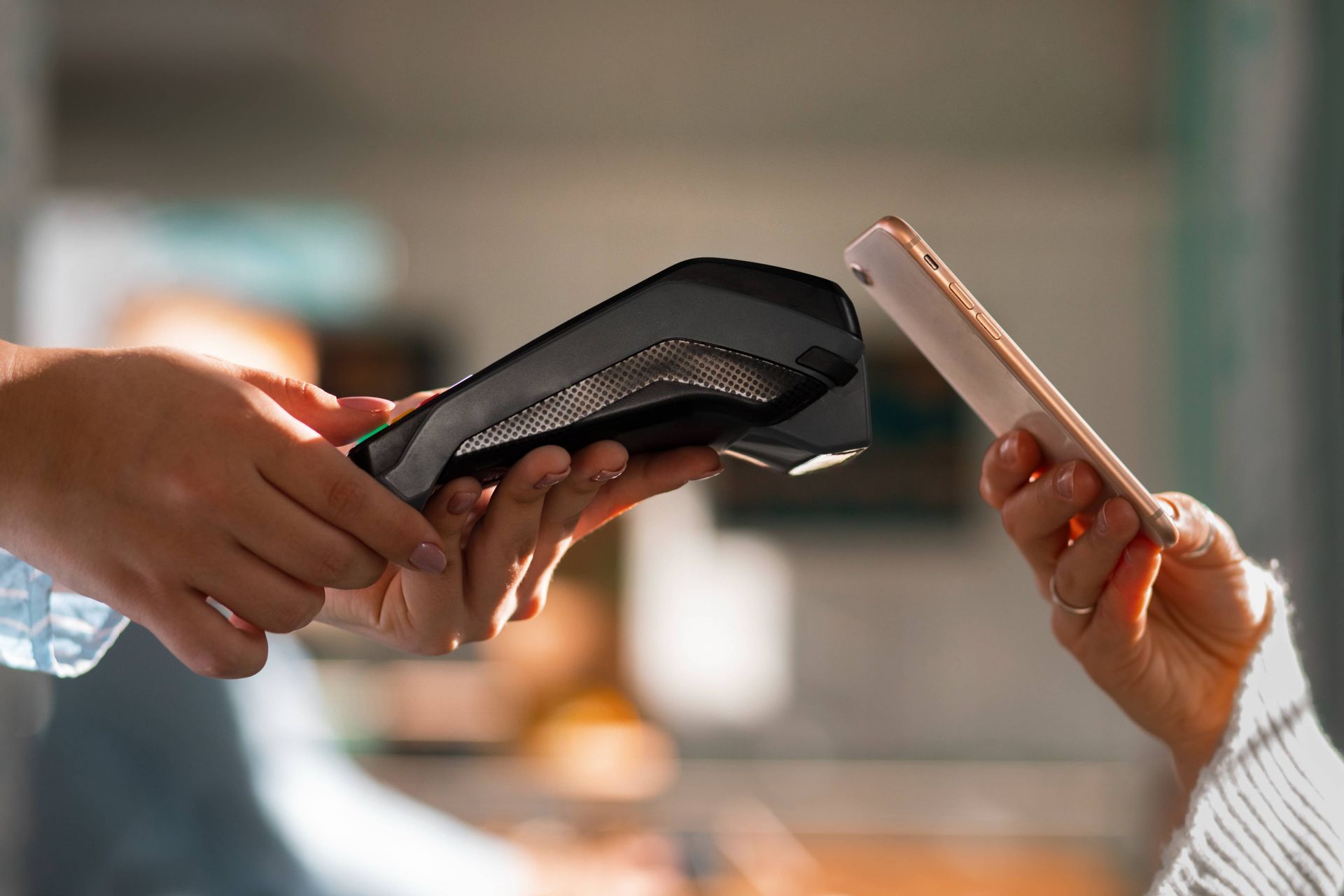In the retail industry, the checkout process is one of the most critical components of the customer experience. In the past, point of sale (POS) systems were often clunky and inefficient, causing long lines and frustrated customers. However, thanks to advancements in technology, POS systems have evolved significantly over the years.
In this blog, we'll take a look at the history of POS systems, their impact on the retail industry, and how Cyntra's innovative solutions are helping to shape the future of the industry.
POS systems have come a long way since their inception in the 1970s. Initially, POS systems were simply cash registers that recorded sales transactions. Over time, they evolved to include more advanced features, such as inventory management and customer relationship management (CRM) tools.
Today, POS systems are critical components of the retail industry. They enable businesses to streamline their operations, track inventory, and provide customers with a seamless checkout experience. As such, it's essential for retailers to choose the right POS system that meets their needs and the needs of their customers.
The Early Days of POS Systems

In the early days of POS systems, they were mostly used in large retail stores, such as department stores and supermarkets. These systems were expensive, often costing tens of thousands of dollars, and required specialized knowledge to operate.
One of the earliest POS systems was the IBM 3650, which was released in 1973. This system used magnetic stripe cards to record transactions and required a special operator to operate the system. The IBM 3650 was a significant advancement over traditional cash registers, but it was still relatively primitive compared to modern POS systems.
The Emergence of Cloud-Based POS Systems
The advent of cloud-based POS systems revolutionized the industry. These systems store data on remote servers, allowing businesses to access their data from anywhere with an internet connection. This makes it easier for businesses to manage their operations and provide customers with a seamless checkout experience.
Companies like Squareup and Toast Tab played a significant role in the development of cloud-based POS systems. Squareup, which was founded in 2009, was one of the first companies to offer a mobile POS system. This system allowed businesses to process transactions using their mobile devices, making it easier for them to manage their operations on the go. Toast Tab, which was founded in 2011, offered a cloud-based POS system that was specifically designed for the restaurant industry.
The Impact of Mobile POS Systems

Mobile POS systems have changed the retail industry in a significant way. They enable businesses to process transactions faster and more efficiently, reducing wait times and improving the customer experience. Mobile POS systems are also more flexible than traditional POS systems, allowing businesses to process transactions from anywhere in the store.
One of the primary benefits of mobile POS systems is that they allow businesses to process transactions without the need for a traditional cash register. This means that businesses can save money on hardware costs and reduce the amount of space needed for a checkout counter. This is especially important for small businesses that may not have the resources to invest in expensive hardware.
The Future of POS Systems

The future of POS systems is exciting, with many new innovations on the horizon. One of the most significant trends is the use of voice recognition, face scanning, RFID, artificial intelligence and machine learning. These technologies can be used to analyze customer data and provide personalized recommendations. They can also be used to automate certain tasks, such as inventory management and order processing.
Another trend is the increasing use of biometrics in POS systems. Biometric technology can be used to verify customer identities and prevent fraud. It can also be used to improve the customer experience, as customers can use their fingerprints or facial recognition to check out.
Cyntra's Innovative POS Solutions
Cyntra's Swyft solution is an example of a POS system that incorporates AI and machine learning. Swyft uses data analytics to provide businesses with real-time insights into their operations, allowing them to make informed decisions and improve their efficiency.
In conclusion, the evolution of point of sale systems has revolutionized the retail industry, making transactions faster, easier, and more efficient. From the early days of cash registers to the emergence of cloud-based and mobile solutions, POS systems have continued to adapt and improve to meet the changing needs of businesses and customers alike.
At Cyntra, we are proud to be a part of this evolution with our innovative POS solutions, including Breez and Swyft. With features such as contactless payments, real-time inventory management, and customer data analytics, our solutions are helping businesses of all sizes improve their operational efficiency, reduce long lines, and build customer loyalty.
As the retail industry continues to evolve, we remain committed to staying at the forefront of innovation and providing our clients with the latest and most effective POS solutions. If you are interested in learning more about how Cyntra can help your business thrive in the changing retail landscape, contact us today.



